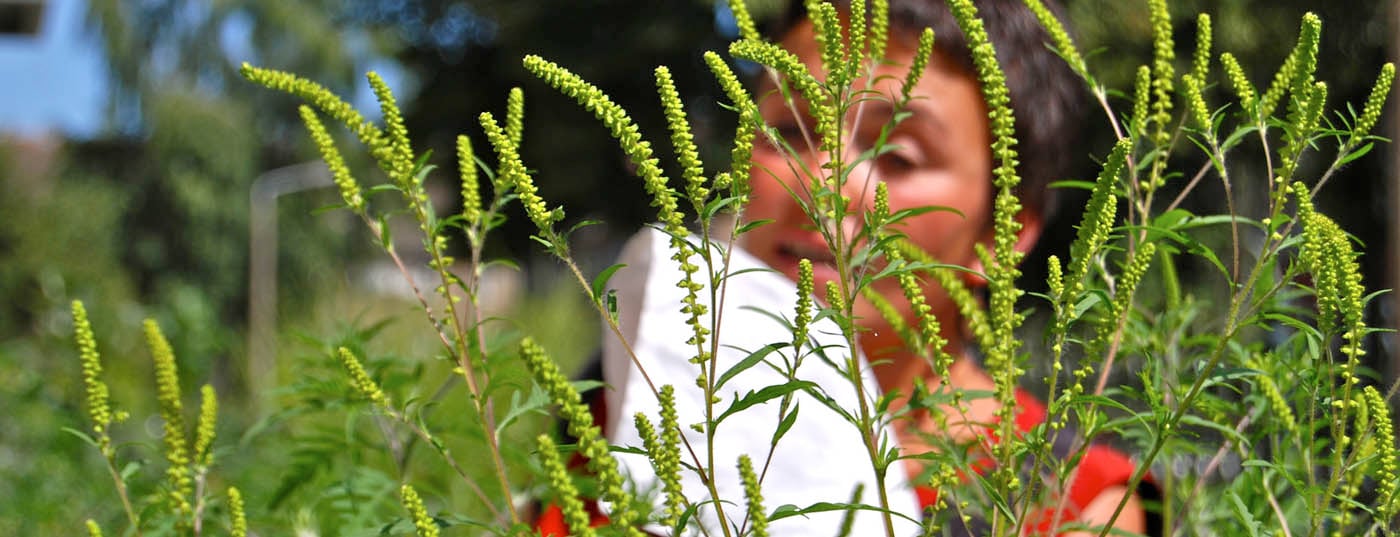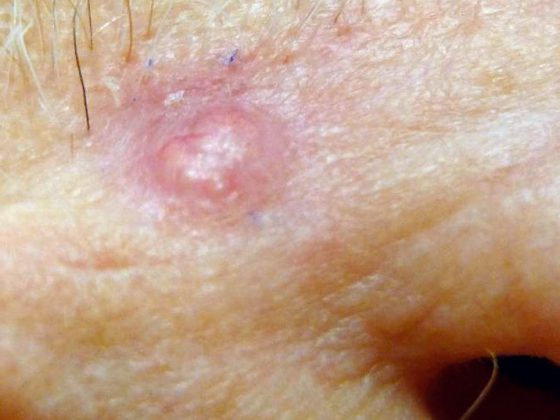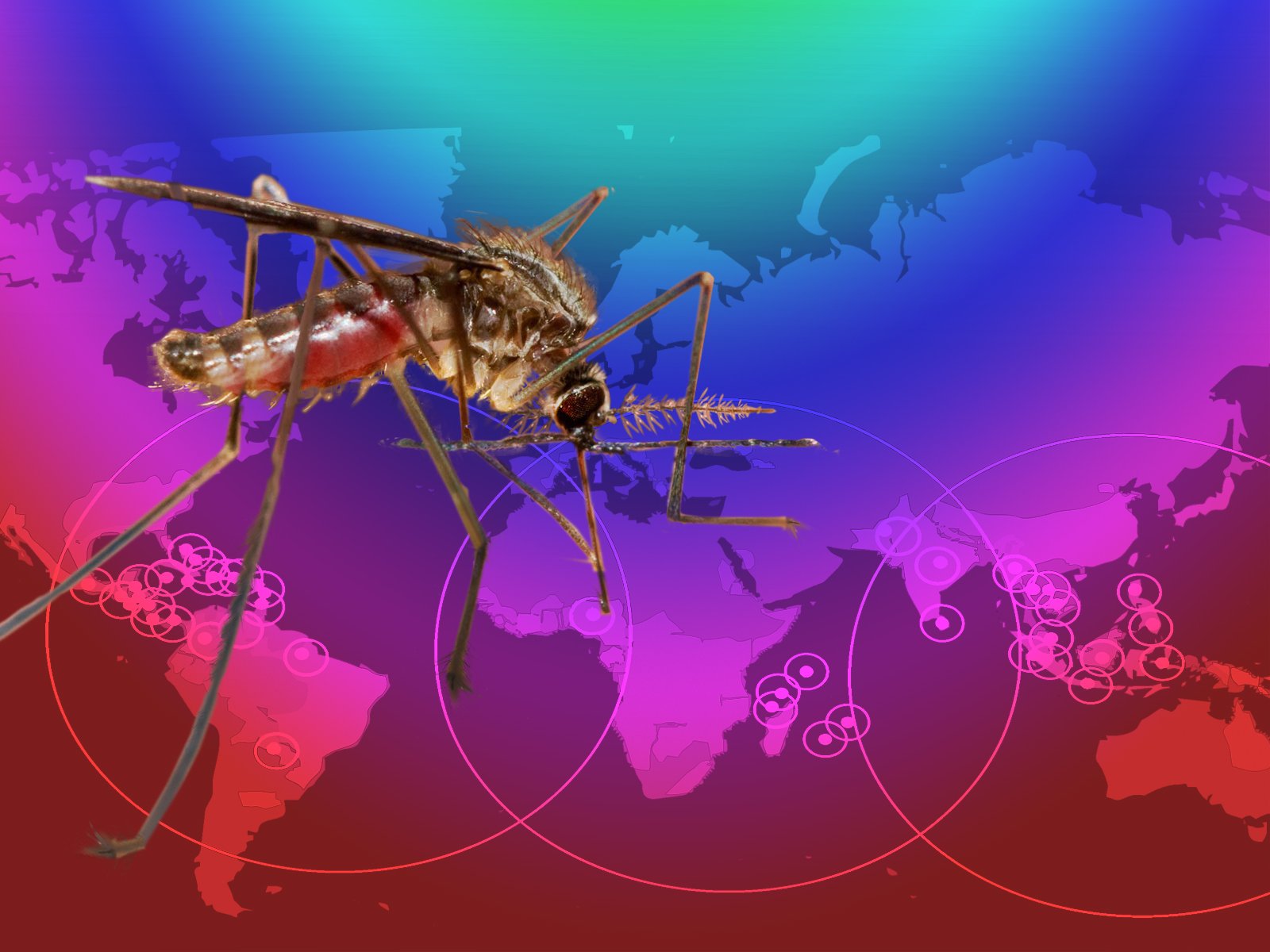Ragweed is highly allergenic and is also causing problems for more and more allergy sufferers in Switzerland. In Germany, an allergen tablet for specific immunotherapy (SIT) for allergies to ragweed pollen has now been approved for the first time.
With RAGWIZAX®, the manufacturer fulfills the regulatory requirements for specific immunotherapy: Thus, approval according to the Therapy Allergen Regulation (TAV) is currently only required for major allergens (grass and tree pollen as well as house dust mites), but not for rare allergens such as ragweed.
Ragweed is considered a highly allergenic plant. Originally it comes from North America, but is now spreading more and more in Central Europe. So far, it is mainly found along roads, construction sites or fallow fields. The spread is partly due to imported seeds. The pollen can fly thousands of kilometers. In the long term, scientists expect the frequency and prevalence of allergies to ragweed to increase.
“Most often, ragweed pollen causes problems for allergy sufferers who react to pollen from the common mugwort plant – and vice versa,” explains Professor Dr. Jörg Kleine-Tebbe, an allergist from Berlin. “Which allergen is responsible for the allergy symptoms should be clarified with an allergy test at the doctor’s office.”
The typical symptoms of ragweed allergy are similar to those of hay fever in grass or tree pollen allergy and range from eye itching, sneezing, runny or stuffy nose to dry cough, chest tightness and dyspnea. These complaints typically occur in late summer. The main problem with ragweed for affected patients is the plant’s high allergenicity: as little as ten ragweed pollen per cubic meter of air can trigger an allergy or asthma.
“In many allergy sufferers, the inflammation passes from the upper to the lower airways, and then chronic inflammation and asthma can develop,” says Prof. Kleine-Tebbe. In the USA, ragweed is already considered the most important trigger for seasonal asthma. “This development can only be stopped by hyposensitization.”
RAGWIZAX® is indicated for the treatment of allergic rhinitis indicated by ragweed pollen in adults aged 18-50 years with or without conjunctivitis that cannot be adequately treated with symptom-relieving medications. Therapy with RAGWIZAX® should be given at least 12 weeks before the start of the ragweed pollen season and for a period of three years. One tablet should be taken daily.
Source: ALK-Abelló
InFo PNEUMOLOGY & ALLERGOLOGY 2019; 1(3): 32 (published 7/12/19, ahead of print).











